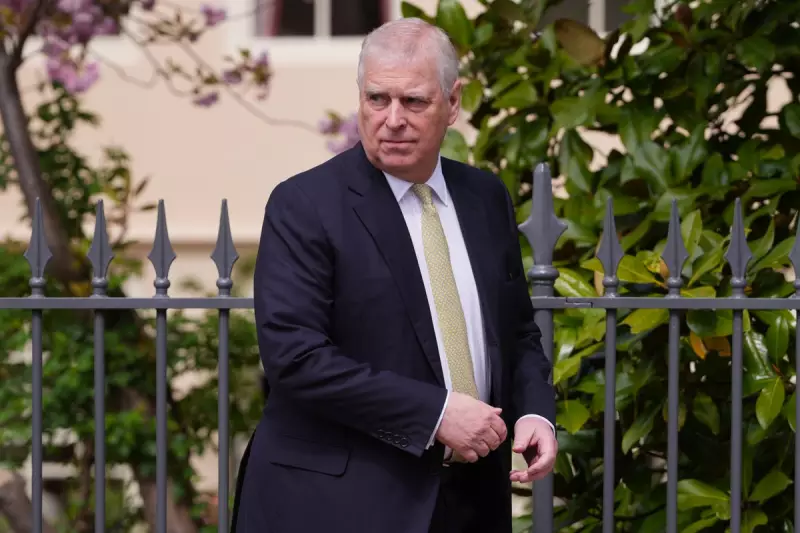
A significant political challenge is mounting against King Charles III, as Members of Parliament demand full transparency regarding the financial arrangements of his brother, the disgraced Prince Andrew.
The focal point of the controversy is Royal Lodge, the lavish 30-room mansion in Windsor Great Park that Prince Andrew calls home. Following the Duke of York's withdrawal from public duties due to the Jeffrey Epstein scandal, questions over who foots the bill for the multi-million-pound property's upkeep have reached a boiling point in Westminster.
Parliamentary Pressure Intensifies
A coalition of cross-party MPs, led by the Liberal Democrats, has formally called upon the monarch to reveal the exact financial terms of Andrew's residence. This move signals an unprecedented willingness to scrutinise royal finances that were once considered beyond parliamentary reproach.
At the heart of the matter lies a critical question: are taxpayer funds, through the Sovereign Grant, being indirectly used to subsidise the lifestyle of a royal who no longer undertakes public duties? The MPs' intervention suggests deep concerns about the potential use of public money in maintaining the property.
A Property Steeped in Controversy
Royal Lodge, previously home to the Queen Mother, has become a symbol of the ongoing tensions within the House of Windsor. Reports suggest that King Charles has been urging his brother to downsize to the more modest Frogmore Cottage, a move Prince Andrew has thus far resisted despite his diminished status.
The standoff has created a constitutional dilemma, pitting family dynamics against public accountability. With the Royal Family's popularity and reputation still recovering from recent crises, this new financial scrutiny presents another formidable challenge for the monarch.
The Broader Implications for the Monarchy
This parliamentary intervention represents more than just a question about one property; it reflects growing expectations for transparency in all aspects of royal finance. The controversy comes at a delicate time for the monarchy, as it attempts to modernise and maintain public support amidst changing attitudes towards inherited privilege and wealth.
The government's response, or lack thereof, to the MPs' demands will be closely watched. It may set a precedent for how much scrutiny the royal finances can withstand in an era increasingly demanding accountability from all public institutions.





